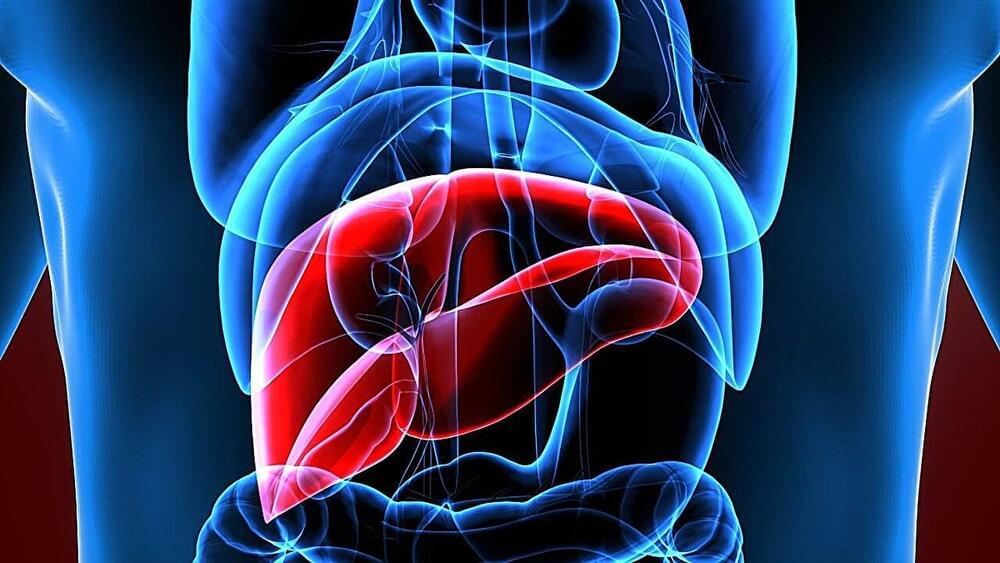Cirrhosis, hepatitis infection and other causes can trigger liver fibrosis—a potentially lethal stiffening of tissue that, once begun, is irreversible. For many patients, a liver transplant is their only hope. However, research at Cedars-Sinai in Los Angeles may offer patients a glimmer of hope. Scientists there say they’ve successfully reversed liver fibrosis in mice.
Reporting in the journal Nature Communications, the team say they’ve discovered a genetic pathway that, if blocked, might bring fibrosis to a halt.
The three genes involved in this fibrotic process are called FOXM1, MAT2A and MAT2B.
